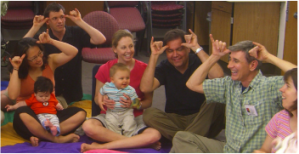 Passing on language to your children sounds like it should be something easy to do- after all, we all speak one/ two/ multiple languages- we just need to speak them in front of our kids and let osmosis do the rest! Oh, if only it were that simple. Maybe when there is just one language for the children to absorb this relaxed approach is fine, but when we want our children to be multilingual we need to put a bit more effort into it.
Passing on language to your children sounds like it should be something easy to do- after all, we all speak one/ two/ multiple languages- we just need to speak them in front of our kids and let osmosis do the rest! Oh, if only it were that simple. Maybe when there is just one language for the children to absorb this relaxed approach is fine, but when we want our children to be multilingual we need to put a bit more effort into it.
30 is the magic number according to researchers: the percentage of hours each week children need exposure to the minority language in order for it to stand a chance of being native (as I wrote in my previous post: Exposure; how much is enough?). No matter how arbitrary that number is, it’s certainly a good idea to maximise exposure, and make every minute count.
How? Well, there are a lot of ways in which parents can build contact with language, some which take more preparation and maybe money, some which are instant ways to fill 5 minutes. Here are my pick of some tried and tested ones:
Continue reading “How to increase exposure to the minority language”

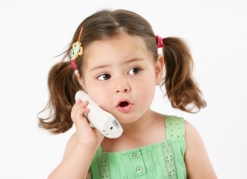

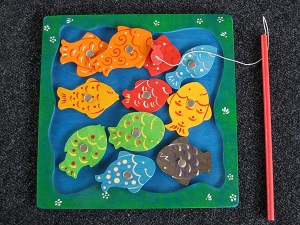

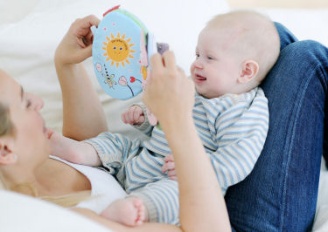


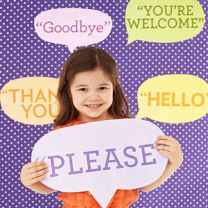
Recent Comments